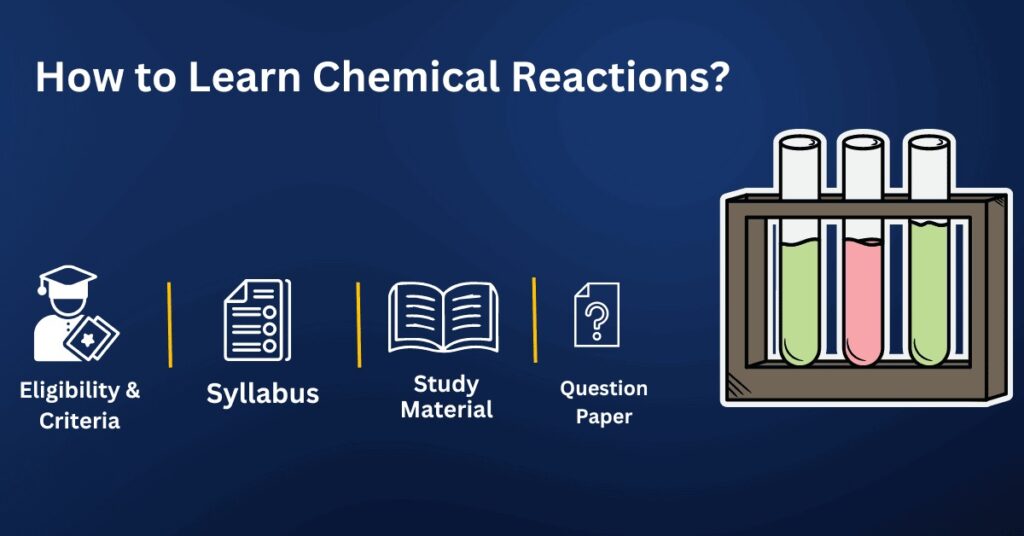Sky Tutorials is a renowned coaching institute in Varanasi that specializes in preparing students for competitive exams like NEET, IIT-JEE. Their expert faculty and comprehensive study material have helped students achieve their dreams of getting into top medical and engineering colleges.
If you are looking for the best NEET coaching in Varanasi, Sky Tutorials should be your top choice. Their NEET coaching program is designed to cover all aspects of the syllabus, provide regular tests and assessments, and ensure that students are well-prepared for the exam. The faculty at Sky Tutorials is experienced and dedicated to helping students achieve their goals.
In addition to NEET coaching, Sky Tutorials also offers JEE coaching, , and other programs to help students excel in their academic pursuits.
Sky Tutorials – Best NEET Coaching in Varanasi | JEE Coaching
Looking for the best NEET coaching in Varanasi? Look no further than Sky Tutorials. Our expert faculty, comprehensive study material, and regular tests and assessments ensure that our students are well-prepared for the exam. We also offer JEE coaching, Olympiad coaching, and other programs to help students excel in their academic pursuits.

Introduction:
Chemical reactions are the fundamental building blocks of chemistry, shaping the way substances interact and transform. Whether you’re a student delving into the world of chemistry or a professional seeking to deepen your understanding, mastering chemical reactions is a crucial step. In this blog, we’ll explore effective strategies to learn and comprehend chemical reactions with ease.
1. Understand the Basics:
Begin your journey into chemical reactions by grasping the fundamental concepts. Recognize the different types of reactions, such as synthesis, decomposition, combustion, and displacement reactions. A solid foundation in reaction types will serve as a roadmap for your learning journey.
2. Embrace Visual Aids:
Chemical reactions are often represented through equations, which can be intimidating at first. Embrace visual aids such as molecular models, charts, and diagrams to make the abstract more tangible. Visualization helps in understanding the arrangement of atoms and molecules during reactions.
3. Practice Regularly:
Chemistry, and particularly chemical reactions, benefits greatly from consistent practice. Solve a variety of reaction problems regularly to reinforce your understanding. Many textbooks and online resources provide a plethora of practice questions for different types of reactions.
4. Utilize Online Resources:
Take advantage of the wealth of online resources available. Educational websites, video tutorials, and interactive simulations can provide a dynamic and engaging way to learn about chemical reactions. Platforms like Khan Academy, YouTube, and ChemCollective offer valuable content tailored to various learning styles.
5. Create Mnemonics and Memory Aids:
The sheer volume of reactions can be overwhelming, so create mnemonics or memory aids to help remember key information. Mnemonics can be phrases, acronyms, or visual cues that jog your memory when recalling specific reactions or reaction types.
6. Relate to Real-World Applications:
Chemical reactions are not just abstract concepts; they have real-world applications. Relate reactions to everyday scenarios or industrial processes. Understanding how reactions are applied in various contexts can make them more relatable and memorable.
7. Collaborate and Discuss:
Engage in discussions with peers, teachers, or online communities. Explaining reactions to others or hearing different perspectives can enhance your understanding. Group study sessions, forums, or social media platforms can provide opportunities to share insights and clarify doubts.
8. Seek Professional Guidance:
If you find certain reactions challenging, don’t hesitate to seek guidance from teachers, tutors, or professionals. They can provide personalized explanations, offer additional resources, and address specific difficulties you may be facing.
Conclusion:
Learning chemical reactions is a gradual process that involves a combination of understanding theory, visualizing concepts, and extensive
practice. By embracing a variety of learning strategies, utilizing online resources, and seeking support when needed, you can navigate the intricacies of chemical reactions with confidence. Remember, patience and persistence are key, and as you unravel the mysteries of chemical reactions, you’ll find a deeper appreciation for the transformative power of chemistry. Happy learning!

